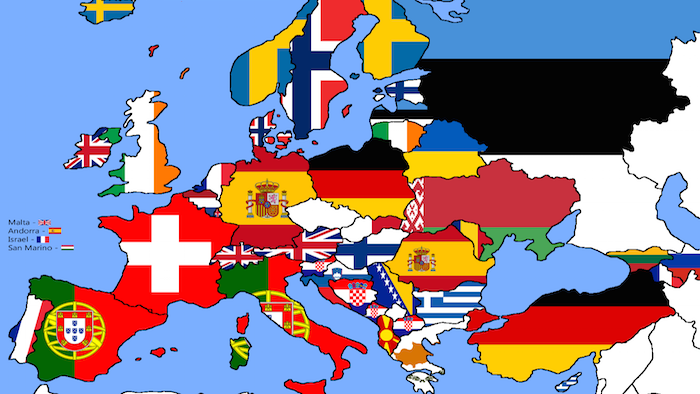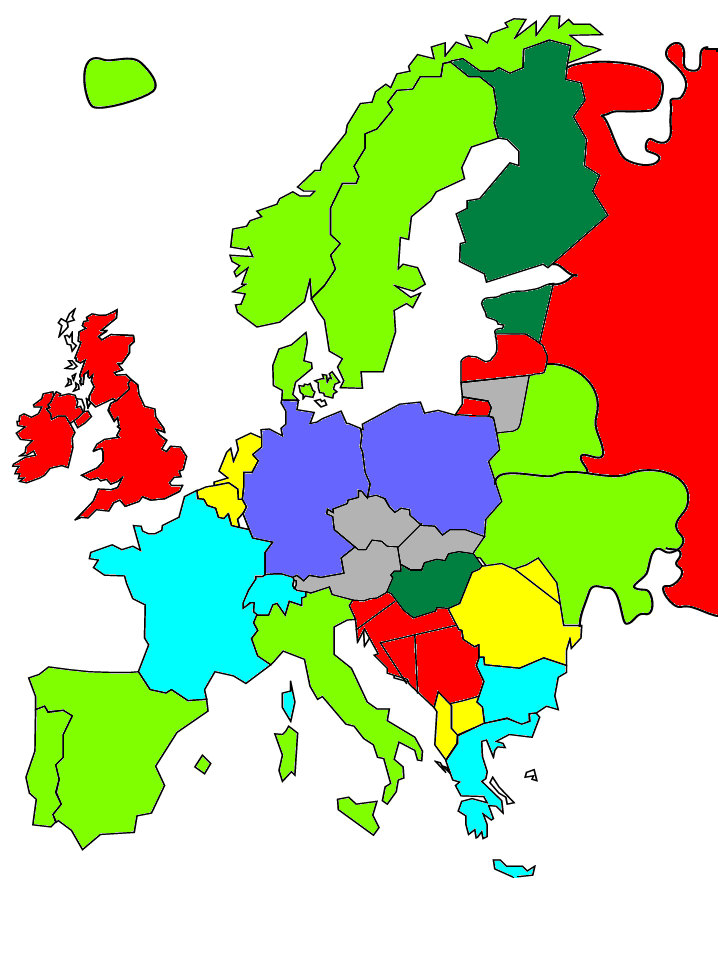I will also be including in the Aphypnesis blog books and art I have consumed outside of recommendations.
A Shorter History of Australia
Took me a little while to get through, but it is quite digestible.
Geoffrey Blainey has been the doyen of the Old Right Wing of Australian Historiography, and was embroiled in Australian cultural politics on the side of those suspicious of multiculturalism. The history is clearly right wing, but not so much so as to make a left winger fling it across the room.
Given Blainey’s own embroilments, it’s somewhat amusing to see hm visibly forcing himself to acknowledge the Aboriginal perspective on history and the wrongs done against them (even if querulously he still argues the resources should have been unleashed for the greater good), or to resort to “but the Chinese did it too” rather than overtly defending the White Australia Policy—though still defending the virtues of homogeneity. It’s not firebrand bogan nonsense: it’s an intelligently presented, now minority view, which can be debated rather than just shunned.
Because of the caricature stances of the History wars, I was expecting that Blainey would be a stick in the mud, old school practitioner of the Great Men school of history. He really isn’t; it’s all about economic and cultural forces, and the emphasis on economic forces was a pleasant surprise. The Great Men are studiously contextualised, and in fact underemphasised; there’s not much more said about Malcolm Fraser than about his grandfather Simon Fraser (Australian politician).
I came to the book feeling I was missing a lot of Australian history. The book filled a lot of gaps, though I don’t think there were that many surprises in it. Then again, that’s Australian history’s fault, not Blainey’s.




